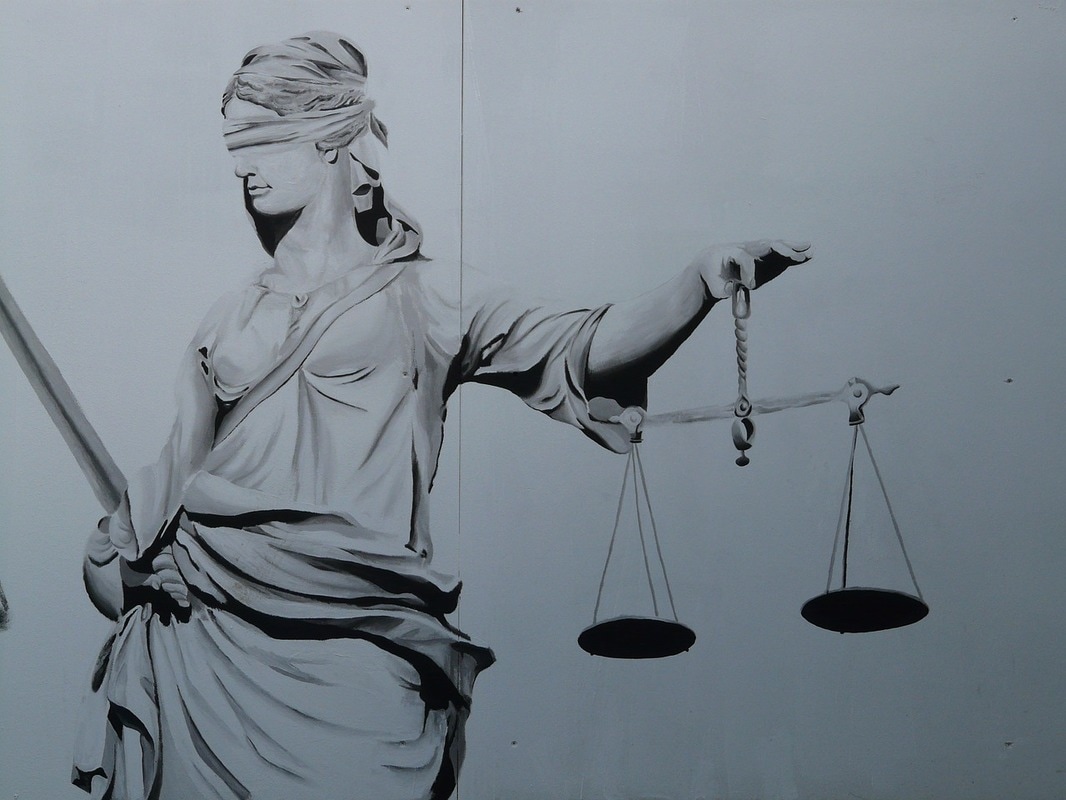--------------------------------------------------
John and Margaret went shopping to buy Christmas presents for their three sons: Matthew, aged fourteen, Mark, who is twelve, and Luke, ten. The loving parents always tried to treat their children equally. This year, they had budgeted to spend £100 on each of them.
For once it looked as if their shopping would be trouble free, for they soon found what they were looking for: handheld PlayBoy game consoles at £100 each. Just as they were about to take three to the checkout, John noticed a special offer. If you bought two of the new, top of the range PlayBoyPlusMax consoles at £150 each, you would get an original PlayBoy free. They could spend the same amount of money and get superior goods.
"We can't do that," said Margaret. "That would be unfair, since one of the boys would be getting less than the others."
"But Margaret," said John, excited at the thought of borrowing his sons' new toys, "how can it be unfair? This way none of them gets a worse gift that he would have done, and two of them do better. But if we don't take the offer, two of the kids are worse off than they would otherwise be."
"I want them all to be equal," replied Margaret.
"Even if it means making them worse off?"
Source: A Theory of Justice by John Rawls, 1971.
Baggini, J., The Pig That Wants to Be Eaten, 2005, p. 259.
---------------------------------------------------
In this small example, John and Margaret could quite easily control the distribution of game consoles such that the resources could be distributed to their family in a fair and equitable manner. But what about the parallels to society at large? How much progress can be made at the expense of inequality? How much equality can be had at the expense of progress? Let me know in the comments how you think about this issue. I'll be back on Friday with my own ideas.


